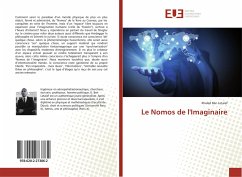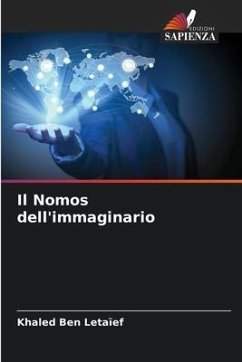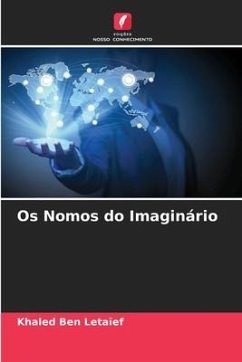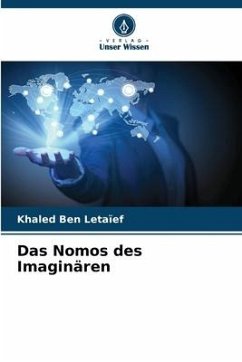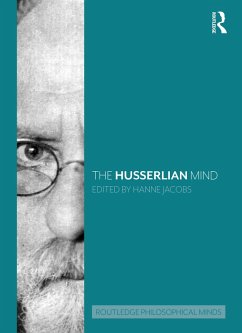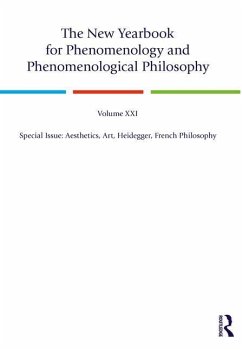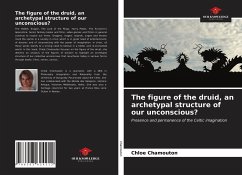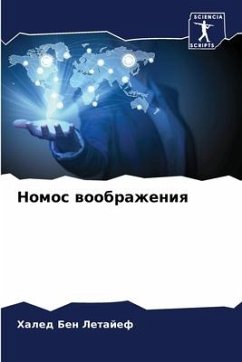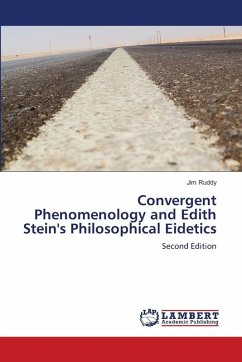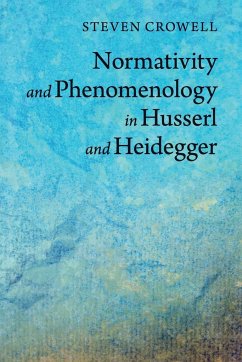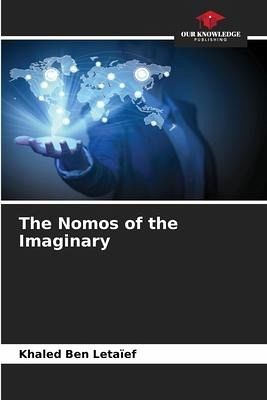
The Nomos of the Imaginary
Versandkostenfrei!
Versandfertig in 6-10 Tagen
24,99 €
inkl. MwSt.

PAYBACK Punkte
12 °P sammeln!
How to grasp the paradox of a physical world more and more reduced, closed and administered, from the "Nomos" of the Earth to the Cosmos, by the serial conquests of the man, but of a free "space" always in expansion for the human imagination (that of the "Dasein"), especially at the time of Internet? We will answer this question by starting from Stiegler's work on cinema to link two authors as different as Heidegger the philosopher and Schmitt the jurist. If all consciousness is consciousness "of" something, according to Husserlian phenomenology, it would also be consciousness "on" something, ...
How to grasp the paradox of a physical world more and more reduced, closed and administered, from the "Nomos" of the Earth to the Cosmos, by the serial conquests of the man, but of a free "space" always in expansion for the human imagination (that of the "Dasein"), especially at the time of Internet? We will answer this question by starting from Stiegler's work on cinema to link two authors as different as Heidegger the philosopher and Schmitt the jurist. If all consciousness is consciousness "of" something, according to Husserlian phenomenology, it would also be consciousness "on" something, a material support that would make possible its phantasmagorical manipulation by a "synchronization" with modern recording devices. If moreover the creator of a virtual space could make himself totally transparent to his work, then this same consciousness would not escape anymore the empire of a "Nomos of the imaginary". We show however that, endowed also with moral intentionality, the consciousness remains guardian of its own freedom. Impossible bet...but successful', 'Congratulations', 'Real new thesis in philosophy': this is the kind of praise that this former thesis received from its jury.



